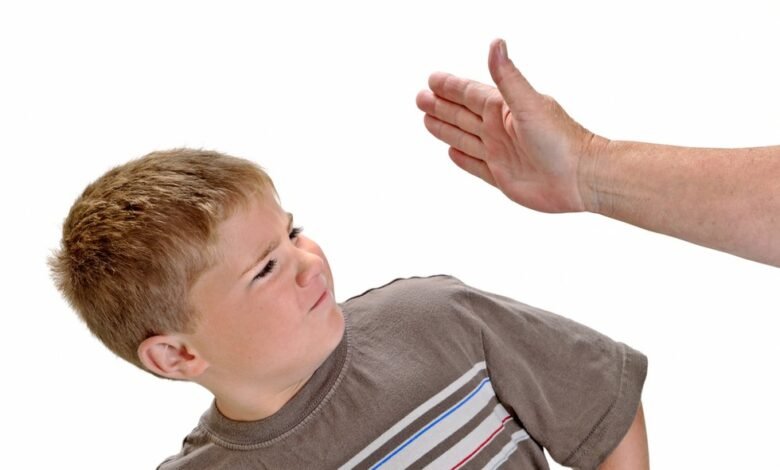When a Missed Clap Becomes Abuse: The Urgent Call to End Violence Against Children in Schools
Physical Abuse

On August 7, 2025, a disturbing incident at Excellence Kids World School in Ulhasnagar was captured on video: a teacher, identified as Gayatri Patra, slapped a two-and-a-half-year-old boy for failing to clap during a nursery rhyme recitation.
The footage went viral, sparking outrage. The boy’s mother promptly filed a complaint, leading to a First Information Report (FIR) against the teacher. Investigations are underway, but the school has not yet issued a detailed public statement.
This case forces us to ask: How can a child barely out of infancy, in a setting meant for joy and learning, become the victim of physical abuse over something as trivial as failing to clap?
The Hidden Scars of “Discipline”
Physical punishment does not “teach lessons.” Instead, it leaves marks that may last a lifetime.
Potential impacts of such abuse include:
- Emotional distress and anxiety: the child may associate learning with fear instead of curiosity.
- Confusion about norms: punished for a developmental gap, the child may not understand what was wrong.
- Erosion of trust: the teacher, who should be a caregiver and guide, becomes a source of fear.
- Developmental harm: research shows that early experiences of violence can disrupt brain development and impair social-emotional growth.
At two and a half years old, children are still developing motor coordination and social-emotional responses. Not clapping during a rhyme is not defiance; it is part of normal developmental variation. Punishing it reflects not the child’s failure, but the adult’s lack of understanding.
Systems and Culture Under Scrutiny
While the act was individual, the context is systemic. Schools must face serious questions:
- Teacher Training: Were staff trained in positive discipline, child development, and non-violent classroom management?
- Policies and Guidelines: Does the school have a clear child protection policy banning corporal punishment, in line with Indian law?
- Supervision: How are teachers monitored when working with children, especially those under 5, who cannot easily articulate abuse?
- Culture of Tolerance: Has corporal punishment been normalized or overlooked, under the guise of “discipline”?
Parents’ Role in Safeguarding
Parents must not only trust schools but actively engage in holding them accountable. Practical steps include:
- Demanding transparency: Ask schools to share their discipline and safeguarding policies in writing.
- Verifying training: Request proof that teachers have undergone early childhood development and positive reinforcement training.
- Creating open channels: Insist on mechanisms to report concerns without fear of retaliation.
- Checking culture: Observe classroom practices and seek feedback from children, however young, about how they feel in school.
What Schools and Educators Must Do
The incident highlights the urgent need for structural reforms in how schools manage discipline. Steps include:
- Ban all corporal punishment explicitly in school policies and parent handbooks.
- Provide regular training for teachers in:
- child development,
- classroom management,
- non-violent discipline methods,
- handling stress and frustration constructively.
3. Strengthen accountability:
- CCTV monitoring in early childhood classrooms (without invading privacy),
- random supervisory visits,
- child-friendly complaint systems.
4. Promote positive discipline:
- reward participation,
- use gentle prompts for engagement,
- model patience and encouragement.
- Counselling and support: both for children affected by abuse and for teachers, so stress does not translate into harmful actions.
The Bigger Question: How Do We View Children?
At its heart, this is not only a question of policy but of culture. Too often, children in schools are seen as objects to be controlled, rather than individuals with rights. If a two-year-old is slapped for not clapping, what does that say about the respect accorded to children’s dignity?
True education is not about conformity through fear but about nurturing curiosity, confidence, and joy. A clap missed is not a failure; it is an opportunity to understand a child’s pace of learning.
Conclusion
The Ulhasnagar incident is shocking, but it should not end with temporary outrage and a single FIR. It must be the spark for systemic reform.
- Parents must demand accountability.
- Schools must embed child protection policies into daily practice.
- Teachers must be trained, supported, and held to the highest standard of care.





